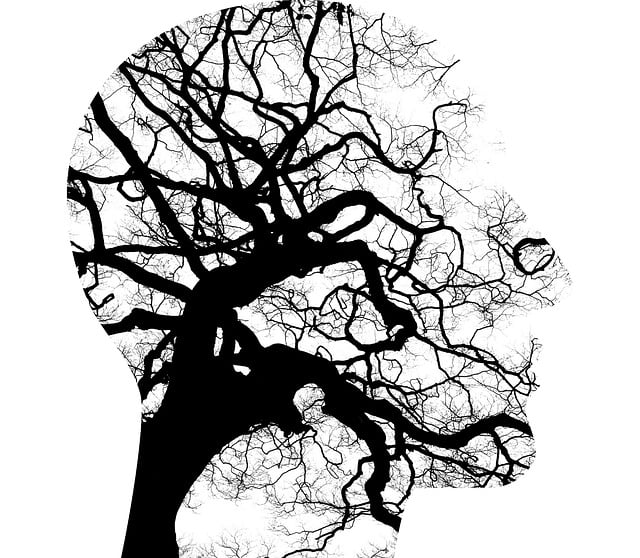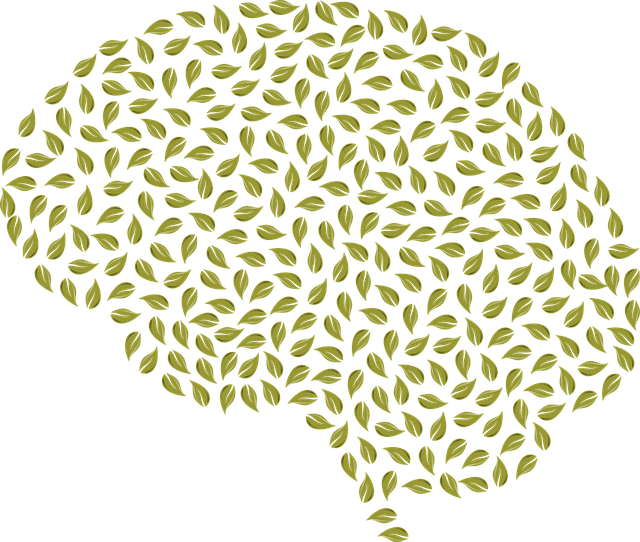Wheat Ridge Mental Health Evaluations Therapy emphasizes the importance of coping skills in managing life's challenges and maintaining mental wellness. They offer a holistic approach, assessing emotional, behavioral, and cognitive mechanisms to identify adaptive and maladaptive behaviors. Through structured sessions with trained professionals, individuals develop effective coping strategies using evidence-based practices like CBT, mindfulness, and positive affirmations. These tailored interventions foster resilience, reduce stress, anxiety, and burnout, ultimately improving mental health and quality of life.
Coping skills are essential tools for navigating life’s challenges. This article explores strategies for developing resilient coping mechanisms, focusing on the role of Wheat Ridge Mental Health Evaluations and therapy. We’ll delve into how these resources help identify unique coping styles and facilitate the creation of personalized, effective strategies. By understanding coping skills, you can enhance your emotional well-being through practical tools and techniques, empowering yourself to manage stress and adversity more effectively.
- Understanding Coping Skills: An Overview
- Wheat Ridge Mental Health Evaluations: Assessing Coping Mechanisms
- Therapy as a Catalyst for Developing Effective Coping Strategies
- Practical Tools and Techniques for Enhancing Coping Skills
Understanding Coping Skills: An Overview

Coping skills are the strategies we use to navigate life’s challenges and maintain our mental wellness. Understanding these mechanisms is a crucial component of personal growth, especially when seeking support from professionals like those at Wheat Ridge Mental Health Evaluations Therapy. The ability to cope effectively can significantly impact one’s overall mental health awareness and quality of life.
Developing strong coping skills involves recognizing triggers, managing stress, and adopting healthy behaviors. Mind Over Matter principles emphasize the power of our thoughts and emotions in shaping our experiences. By learning to observe and regulate these aspects, individuals can enhance their resilience and adaptability, fostering a more balanced and fulfilling life.
Wheat Ridge Mental Health Evaluations: Assessing Coping Mechanisms

Wheat Ridge Mental Health Evaluations offer a comprehensive therapy approach by thoroughly assessing an individual’s coping mechanisms. This process involves exploring various aspects of one’s emotional, behavioral, and cognitive strategies to deal with stress, challenges, and potential mental health issues. Through these evaluations, mental health professionals can gain valuable insights into the client’s inner strength development and cultural sensitivity in mental healthcare practice. By identifying both adaptive and maladaptive coping behaviors, therapists can tailor interventions that promote healthier ways of navigating life’s difficulties.
The risk assessment component is a crucial aspect of these evaluations, enabling mental health professionals to predict potential triggers and vulnerabilities. This proactive approach ensures clients receive the necessary support, fostering a safe space for them to explore and enhance their coping skills. By addressing these mechanisms early on, Wheat Ridge Mental Health Evaluations aim to empower individuals with effective tools to manage stress and maintain optimal mental well-being.
Therapy as a Catalyst for Developing Effective Coping Strategies

Therapy serves as a powerful catalyst for developing effective coping strategies. Through structured sessions with trained professionals, individuals gain insights into their emotional triggers and learn healthy ways to manage stress, anxiety, and other mental health challenges. Wheat Ridge Mental Health Evaluations Therapy offers tailored support, enabling clients to cultivate resilience and develop personalized coping mechanisms that can significantly enhance their overall well-being.
By engaging in therapy, people can address underlying issues contributing to their distress, be it work-related burnout or the need for crisis intervention guidance. This supportive environment facilitates open dialogue, allowing individuals to explore and express their feelings safely. As they navigate these conversations, clients acquire practical tools to navigate life’s ups and downs, ensuring better anxiety relief and preventing future burnout.
Practical Tools and Techniques for Enhancing Coping Skills

In the quest for enhancing coping skills, individuals can turn to a plethora of practical tools and techniques that are backed by evidence-based practices, often recommended by Wheat Ridge Mental Health professionals. One such effective method is cognitive behavioral therapy (CBT), which helps in identifying and modifying negative thought patterns. By learning to challenge distorted thinking, individuals can develop healthier perspectives, thereby reducing stress and anxiety levels. Additionally, engaging in regular physical activity, mindfulness exercises, and keeping a gratitude journal are simple yet powerful techniques that can significantly contribute to coping skills development.
Conflict resolution is another crucial aspect where practical tools shine. Techniques such as active listening, assertiveness training, and non-violent communication enable individuals to navigate challenging situations more effectively. These methods promote understanding and empathy, leading to healthier relationships and reduced conflict. Furthermore, cultivating positive thinking through affirmations, visualization, and reframing negative experiences can boost resilience and overall well-being. Incorporating these strategies into daily routines, as suggested by Wheat Ridge Mental Health Evaluations, can empower individuals to better cope with life’s stressors, ultimately enhancing their mental health and quality of life.
Coping skills development is a vital process that enables individuals to navigate life’s challenges with resilience. By understanding one’s coping mechanisms, as assessed through Wheat Ridge Mental Health Evaluations, and engaging in therapy, individuals can learn effective strategies to enhance their emotional well-being. The practical tools and techniques outlined in this article provide a comprehensive framework for personal growth, allowing folks to revolutionize their approach to stress and adversity. Therapy, when combined with these coping skills, becomes a powerful game-changer, fostering a symphony of improved mental health and overall life satisfaction.














